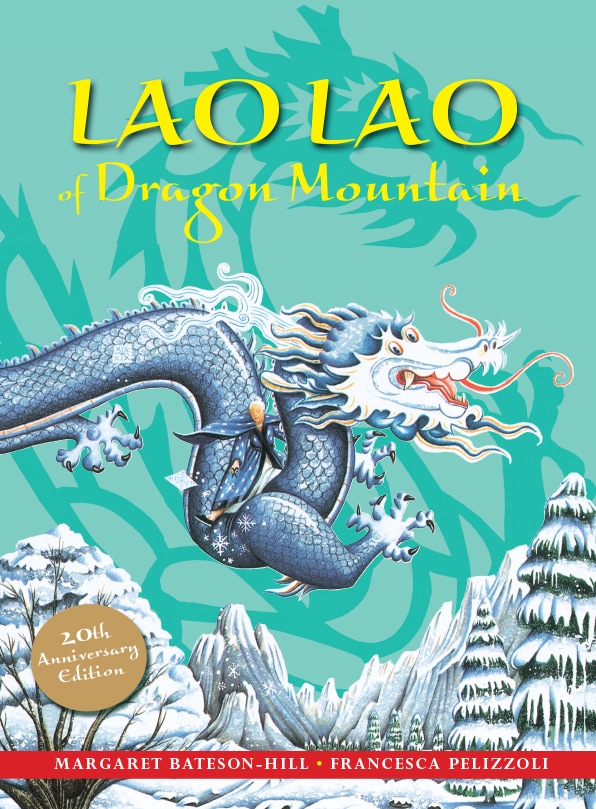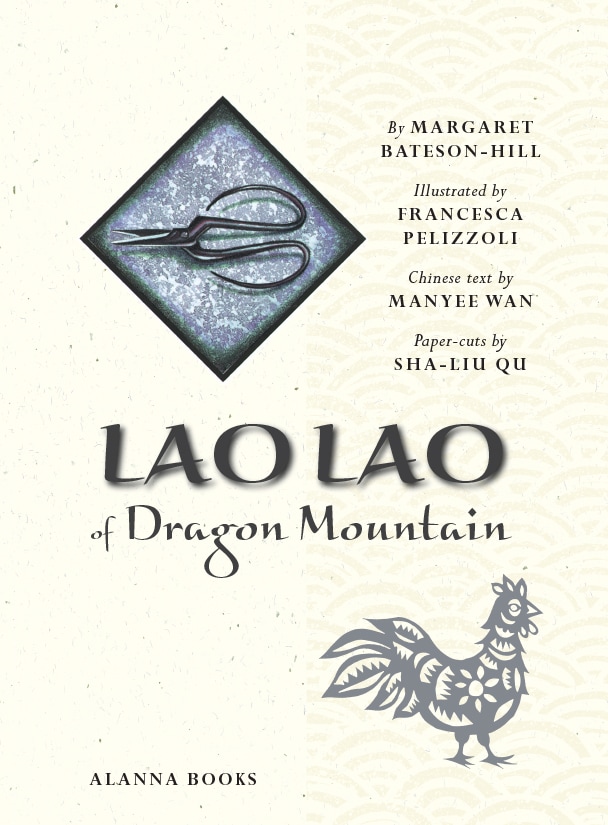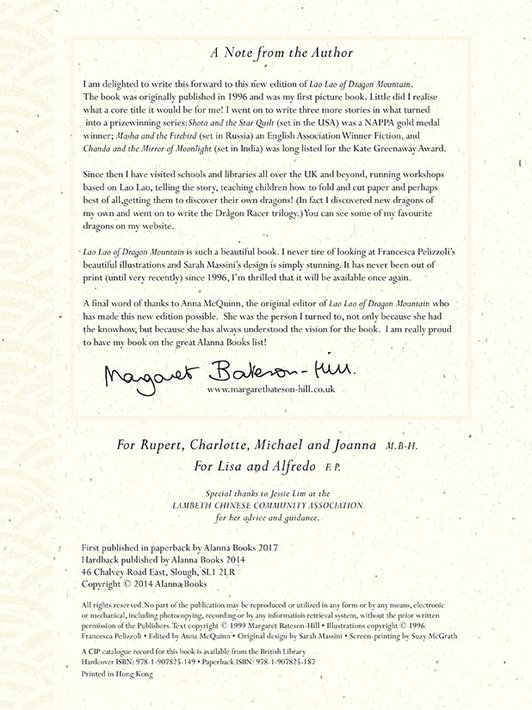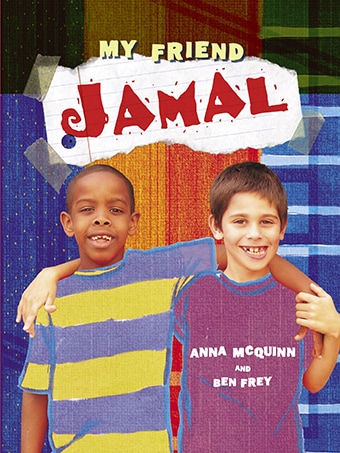Some publishers now employ
‘sensitivity readers’
to check books for potential offence
Anyway, I have three comments...
I've primarily spoken below about being sensitive around culture and race, but the comments apply more broadly, I hope.
1) Publishers now employ...
So, this was a shock to me. I heard people talk about it at a wonderful SCWBI meeting recently, but I'd already ranted twice so didn't want to talk again, but it is shocking to me that this is some kind of a new thing! Surely publishers have been doing this for years? I certainly would not have published anything set in a community or country not my own without checking that it was correct any more than I would publish anything set in a historical period, for example, without making sure the story didn't contain errors.
This is not about a writer's lack of imagination - we are quite capable of imagining experiences we've never had, or writing stories or characters set in eras we've never lived in or, writing characters of other genders or races. For me it's about checking for nuance, inaccuracies... something that sounds 'off'
We also contacted the community for recommendations: they helped us fine a wonderful paper-cut artist Manyee Wan whose work we included in the finished book.
I had decided to publish the entire story in Manderin Chinese alongside the English so children could see how beautiful the script was and some children could read it. The LCC found a translator, and put me in touch with people who typeset Chinese newspapers who I used for the Chinese text. So, the Lambeth Chinese Community made a really positive contribution to the project and I feel it was just good practice for sensitive publishers - for me it's been the case for over 30 years.
2) Sensitivity readers to check books for offence
Two points here actually. Firstly I hate the term sensitivity - like we are all some kind of snowflakes! If I set my book in a historical period and, as a writer/editor/publisher, I ask someone with knowledge and expertise/experience of this period, I don't call them 'sensitivity readers' I call them consultants. Though those who coined the expression in the first place didn't mean it in a pejorative way, it is important what we call things and certainly, I think calling them 'sensitivity readers' feeds into the kind of attitude expressed by Lionel Shriver - that it's all about sensitivity rather than accuracy or authenticity. Lee and Low (who I'm sure have also been using readers for a very long time) call them 'cultural consultants' and I think this is a far more sensible term. It also speaks to the attempt by authors, editors and publishers to 'get it right' rather than having the 'unrelenting anguish about hurting other people's feelings' Shriver talks about. I've always simply called them consultants.
Which brings me on to the second point - the offence bit.
See, as a writer myself and as someone who writes, edits and publishes stories for children I am concerned about giving offence - I think that as someone who writes/edits/publishes for children I have a HUGE responsibility to them to not hurt them. When I write or publish outside of my own experience, I feel that responsibility even more so – innacurate details/ inappropriate language can give offence / be hurtful or even damaging.
However, the main motivation behind asking someone who is more knowledgeable or has more experience about a situation I'm writing about, it to get it right, to find an authenticity... I want them to point out a weird note, a slightly off phrase that could break the magic of a story or draw attention to the writing, break the spell - that's what I'm trying to avoid - that off note...
Sadly, I think one of the reasons publishing is recently talking about 'sensitivity readers' is that Publishing has long been writing/publishing for an assumed white audience. People who know me know that this is a bit of an obsession for me.
When the imagined reader is white, then a reasonably informed stab at representing any non-white character/voice/situation is good enough as long as it seems OK to the white writer/editor/publisher. Not only that, but editors and publishers can often actively pander to their own notion (and that of their white readers) of 'blackness' (or any other 'other'). This in turn leads to writing by black writers being rejected for not meeting the expectations of white editors / publishers. This is the white gaze Toni Morrison talks about and which was recently referred to by L.J. Alonge in his brilliant article, Writing Past The White Gaze As A Black Author.
In recent years, especially in YA, readers have routinely voiced criticisms of texts which are inauthentic, and this perhaps is why publishers are waking up to the diversity of readers their stories are being read by. This perhaps is feeding the (good) move to consult.
* Little side note, it was interesting to me that in the Toni Morrison video she speaks of asking her Mali friend various questions including finding an authentic name for one of her characters. Publishers may be waking up to checking white writers writing Black or other 'non-white' characters, but we all need to be sensitive when writing outside of our own culture/experience.
3) Sensitivity Readers
Though the word readers is used in the plural when talking about this subject, it seems to me from a lot of the comments that, in reality, people use one reader.
And while I understand how hard it is to get multiple readers, that surely has to be part of the exercise - if the intention is to genuinely iron out any glitches versus getting a tick of approval.
Chimamanda Adichie says pretty much everything worth saying on the topic in her amazing Ted Talk The Danger of a Single Story. And I think everything she says also applies to cultural consultants, or just consultants, as I call them. It is unfair to ask one consultant to represent a whole group of individuals and we should remember that what might sound off to someone from a particular class/city/religion in a country, might be just fine for someone else from a different class/countryside/religion.
Finding more than one reader might seem a daunting task, but actually it's not - people are incredibly willing to help you make sure you represent people like them accurately.
However, the mother of 'Jamal' was not a confident English speaker and at very least I wanted to be sure she really knew and understood what I was saying in the story and how the photographs were going to be used. I knew two other Somali families really well and they input to the story too.
In turn, they put me in touch with others - I was nervous that friends might hold back with criticism, so I was delighted when one friend who was part of a Somali women's group kindly invited me along to one of their meetings, introduced me and allowed me to read the story and have the women comment. Since I touched on religious practice in the story, it was very important to me that a range of people commented: some very committed practicing Muslims alongside some who had more secular views. In my experience, people are incredibly willing to help you make sure you represent people like them accurately.
To suggest that anything about this process of consulting and listening and learning has "chilling effect on creativity" is, in my view not just absurd, but provocative and disingenuous. For me it was life enhancing, uplifting and utterly positive. I just feel incredibly grateful for the input.
So, that's where I'll leave it. I think consultants are vital to anyone writing outside of their own experience - but it's important they don't feel the burden of being one voice from that community - whatever it is. As an immigrant myself, from a small rural community, living in the UK, I've often been asked my opinion "as an Irish woman".
I could not even speak on behalf of the women in my own family, let alone community or country! For me at least, consulting and checking and listening is not about “marginalised groups whose feelings must be specially protected" it's about the authenticity of the story.
Finally, I think we need to guard against over reliance on readers - the story is ultimately the writer's responsibility and then that of her editor/publisher... a sensitivity reader can comment, but it should never be seen as some kind of tick of approval or badge against criticism.
Anna
Thoughtful comments please.
Additional note
So this topic is trotted out every now and then (usually with a nice click-baity headline). Can I add that those who deride 'sensitivity readers' and encourage people to 'be brave' and 'not be afraid of giving offence', I say one thing:
a writer can choose to intentionally write an offensive character, or have a character say offensive things... what a consultant will help a writer do is avoid unintentionally getting it wrong.




 RSS Feed
RSS Feed